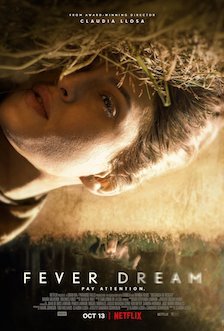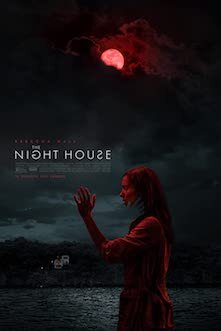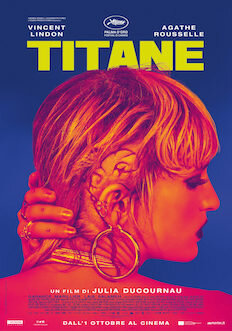Direction: Blerta Barsholli
Country: Kososvo
Based on a true story, Hive is immensely respectful of its subject. The first feature from writer-director Blerta Barsholli crafts the portrait of a hardworking woman and mother of two who achieved her position amid blatant sexism in a repressive patriarchal village consumed by gossip and fear of shame.
In a desperate attempt to unburden financial difficulties and provide for her family, Farhide (Yllka Gashi), whose husband is missing since the war in Kosovo, learns to drive a car and starts a small business with other widows from the village of Krushe e Madhe. In this Eastern corner of Europe, any kind of ambition and self-initiative coming from women is not favorably accepted and rather handled with severity and disrespect.
Sporting a great ring of truth, the film manifests crudity when it comes to exposing the effects of patriarchy. However, the strong and resolute woman at the center is an example to follow as she keeps her head up in the face of hostility.
In her first leading role, the Albanian, Kosovo-born actress Yllka Gashi makes her character pretty believable without milking the part for pathos and tears. She conveys what this life story needed in order to show the world that there’s still hope for women willing to fight male dominance.
Hive’s familiar tone could have been exchanged for a more art-house approach with longer contemplative takes, as well as having its furtive gestures better molded on the surface. Nonetheless, this simultaneously sad and inspiring post-war account deserves our dedicated attention for what it entails.








































